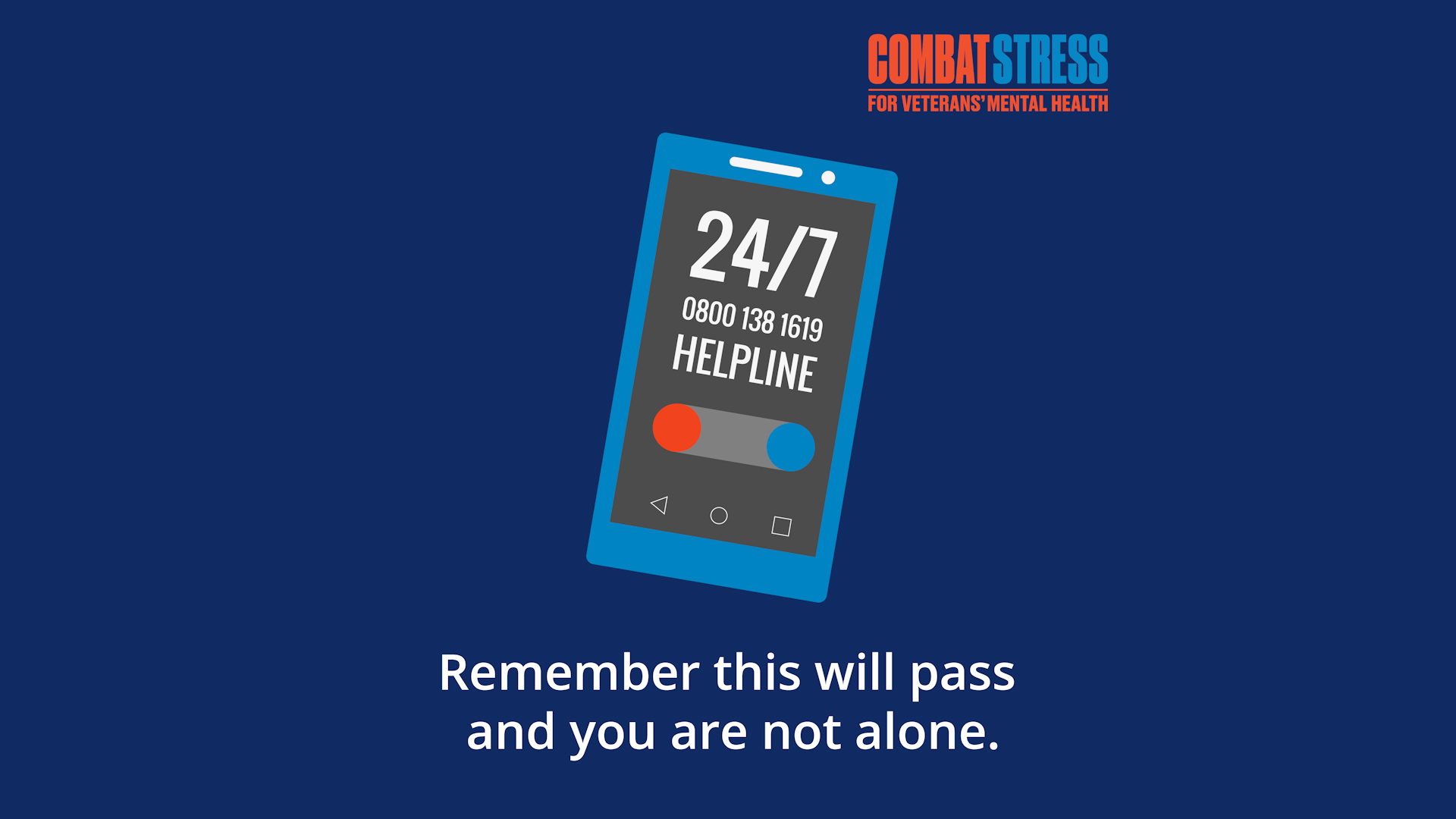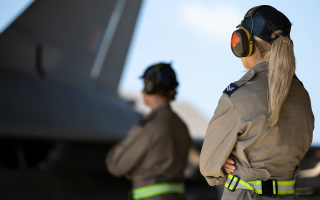When celebration feels like combat: Advice on the triggering effects of fireworks
For millions of people across the country, celebrating Bonfire Night is a time for joy and celebration.
But for many military personnel and veterans living with mental health problems, the sudden flashes of light, the crack of fireworks and the smell of lingering smoke can be terrifying – turning what should be a night of entertainment into a reminder of past trauma.
In those moments, they may believe they are hearing the sounds of mortars overhead, weapons firing, or tracer rounds lighting up the sky – dangerous triggers for those suffering from Post-Traumatic Stress Disorder (PTSD).
The Combat Stress clinic – a charity that provides specialist mental health support to veterans – has offered its advice to help you, or your loved ones, prepare before and during firework season.
1. Reduce triggers
You can reduce the impact of some triggers by using ear defenders or noise-cancelling headphones, which can help reduce the shock of loud explosions.
Temporarily installing blackout blinds can help block out flashes of light.
2. Connect with loved ones
It's good to connect with loved ones. Asking family and friends to be with you during key dates for fireworks, such as Bonfire Night, can help to keep you entertained and reassured.
3. Stay in the here and now
Remind yourself you are safe, where you are and what is actually happening:
• I am at home. I am not in a military compound.
• I am wearing jeans and a t-shirt, not military fatigues, webbing or body armour.
• I have my mobile and can call my friends and family and hear their voices, not waiting for my allocated call time.
• If I look out of the window, I can see the skyline of my home and the fireworks in the sky, NOT explosions or burning vehicles.
4. Use scents
Use scented candles, diffusers or plug-ins to make your home smell good and nothing like those you remember from deployments.

5. Get moving
Get your body moving! Stretch, squat, lunge, do push-ups, star jumps, or yoga. The choice is yours, but getting moving can provide a distraction and help reduce anxiety.
6. Breathe!
Long and slow breaths lower your heart rate and can help calm you.
7. Use grounding objects
Have a grounding object in your pocket – something that makes you feel at home, safe and cared for.
8. Remember this will pass, and you're not alone
Combat Stress's helpline is available to all veterans living with military-related mental health difficulties, offering emotional support and guidance.
They can also assist people with beginning a referral for their treatment programmes.
The Combat Stress message is: "Please don't struggle in silence."
If you or anyone you know needs additional help or guidance, or for more information, click the link here.
Help is also available on our website.









